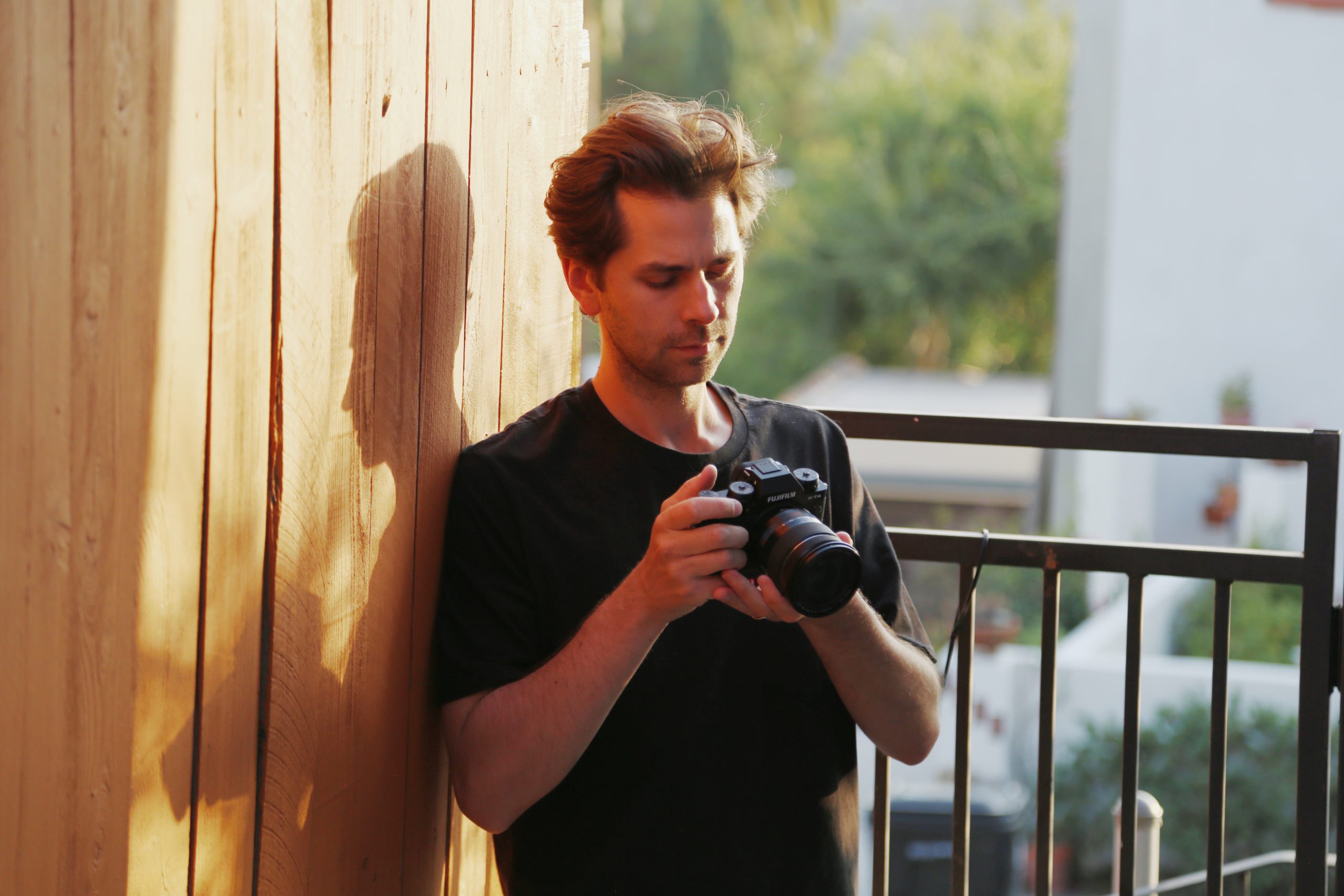You can find part one of our interview here.
Noam Kroll wears many professional hats: he hosts a podcast Show Don’t Tell, leads a filmmaking community, writes a weekly newsletter, runs a business, manages multiple social media accounts with large followings, and makes feature films. And he admits that juggling these tasks isn’t always easy.
To manage it all, Noam strategizes. He created a “content system” which only requires two to three hours per week. Essentially, this system connects all his platforms together, and allows him to turn more ideas into content.
“For example, when I have an idea, I’ll write it into Twitter. At the end of the week, I can look back and see what the highest-performing tweet was. It’s probably a topic I could write about easily.
So, then I’ll do what I call ‘upcycling’ of that tweet and I’ll turn it into a newsletter. It takes 30 to 45 minutes to write a tweet into a 500 to 700 word newsletter, and send that out.”
When comparing the current generation to past filmmaking generations, Noam argues the internet brings many advantages to new filmmakers, including learning about filmmaking techniques and film distribution methods.
“There are so many YouTube channels that basically teach you everything you need to know about how to use a camera that you can learn in a weekend. Back in my day, it was like, ‘I got to figure out how to rent a camera, and then screw around with it.’ It was trial and error.”
The internet has also evolved film distribution. Instead of relying upon external forces like film festivals, streaming platforms, and distributors, contemporary filmmakers have more autonomy: they can use crowdfunding campaigns and social media platforms to build and grow audiences.
“If you just talk to people about what you’re doing, you try to educate or inspire them, or do something that’s valuable other than just promoting yourself, you can’t help but make them interested in what you’re doing.”
When learning the filmmaking craft, Noam argues that time is crucial. He says young filmmakers need time to learn from their mistakes and develop their craft – sometimes, this entire process takes decades.
Noam used the internet to start his video production business, Creative Rebellion, to generate income and free up his schedule for more filmmaking.
“You need to figure out a way to continue to work over those years. For most people, if they just take a standard full-time job, it eats up the vast majority of their time and energy, and they’re not really able to make films – what the internet opens up is the ability to make money in other ways.”
During the time of our interview (and still ongoing), the Writer’s Guild of America (WGA) is on strike. One of the main factors causing the strike is studio-use of artificial intelligence (AI). Writers are calling for stricter regulations against AI to protect them from job replacement. The Screen Actors Guild – American Federation of Television and Radio Artists (SAG-AFTRA) has also initiated a strike for various concerns, including protection against AI-generated imagery.
In one of his newsletters cited in Rolling Stone, Noam experimented with the possibility of whether ChatGPT could write a good screenplay.
“AI is great at thinking big picture, but poor at creating specificity and nuance.”
One of the issues with ChatGPT is its lack of creativity — it recognizes patterns and then repeats them, resulting in clichés.
“If there’s a pattern that you see over and over and over in a movie, that’s actually a bad thing, and that gets boring to people […] What most people want from movies is to learn something new. We want to see perspective. And AI regurgitates.
The technology will evolve in insane ways over the next few years, and it’s going to be mind-blowing. I don’t think it will cannibalize filmmaking as we know it, but will probably be similar to what social media did.”
Noam makes another compelling argument: AI lacks real-world stakes; it lacks the personal, human risk put into the project. He says audiences are attracted to the human element behind a work of cinema. For example, when people flocked to see Avatar 2: Way of the Water, they wanted to see the spectacle, the underwater performance capture scenes, and the years of hard work that went into the project.
“People could simulate a basketball game, but why would you watch it if there aren’t real players or stakes involved? Right?”
Despite the current limitations of AI technologies like ChatGPT, Noam recognizes AI’s potential for further advancement, which may bring abrupt changes to various industries, including the film industry.
In order to deal with these shifting technological developments, Noam recommends that people diversify their skills because AI may replace or reduce the demand for particular types of work. In such cases, those with multiple skills will be better prepared for the future.
“The best thing that we could do is not buy into the idea that we have to take this one rigid path that AI fits into or doesn’t,” says Noam. “Instead, it’s more that we have a multitude of things that we’re going to explore concurrently that will hopefully benefit each other, and that will shield us against any unforeseen changes in the industry. Diversification is going to be really important for people, moving forward.”
Noam also discussed his upcoming film, Teacher’s Pet. This time, he is working with a larger crew, has greater financial backing, and is shooting this summer in downtown Los Angeles. The story follows a high school graduate that must contend with a psychopathic teacher.
After Teacher’s Pet, Noam intends to keep his momentum, stating, “I’m trying to do a movie a year or at least or at least every two years. So hopefully, that will continue.” Those curious about Noam Kroll’s creative work can find more information on his website.


